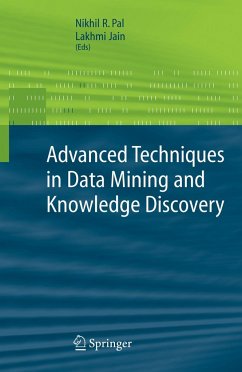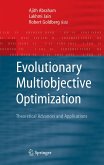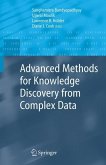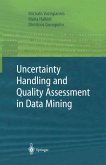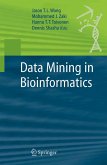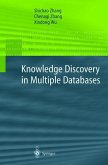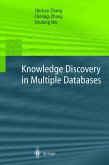Data mining and knowledge discovery (DMKD) is a rapidly expanding field in computer science. It has become very important because of an increased demand for methodologies and tools that can help the analysis and understanding of huge amounts of data generated on a daily basis by institutions like hospitals, research laboratories, banks, insurance companies, and retail stores and by Internet users. This explosion is a result of the growing use of electronic media. But what is data mining (DM)? A Web search using the Google search engine retrieves many (really many) definitions of data mining. We include here a few interesting ones. One of the simpler definitions is: "As the term suggests, data mining is the analysis of data to establish relationships and identify patterns" [1]. It focuses on identifying relations in data. Our next example is more elaborate: An information extraction activity whose goal is to discover hidden facts contained in databases. Using a combination of machine learning, statistical analysis, modeling techniques and database technology, data mining finds patterns and subtle relationships in data and infers rules that allow the prediction of future results. Typical applications include market segmentation, customer profiling, fraud detection, evaluation of retail promotions, and credit risk analysis [2].
Hinweis: Dieser Artikel kann nur an eine deutsche Lieferadresse ausgeliefert werden.
Hinweis: Dieser Artikel kann nur an eine deutsche Lieferadresse ausgeliefert werden.
From the reviews:
"This book presents research on some of the recent advances in the field of DMKD, and provides a glimpse into some real-world applications. ... book starts with a preface by the editors, including background information as well as an overview of the book's contents. ... The overall layout and the length of the volume ... appear to be satisfactory. ... postgraduate students and the faculty members in the business intelligence or DMKD fields would find this volume to be a useful addition to their libraries." (C. S. Arora, Computing Reviews, April, 2006)
"This book presents research on some of the recent advances in the field of DMKD, and provides a glimpse into some real-world applications. ... book starts with a preface by the editors, including background information as well as an overview of the book's contents. ... The overall layout and the length of the volume ... appear to be satisfactory. ... postgraduate students and the faculty members in the business intelligence or DMKD fields would find this volume to be a useful addition to their libraries." (C. S. Arora, Computing Reviews, April, 2006)
